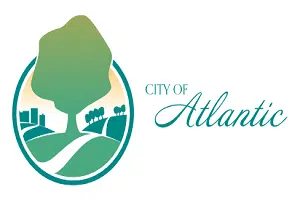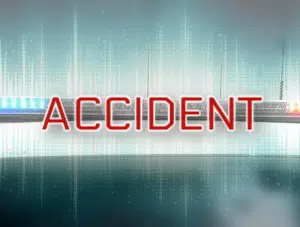
(Atlantic) The Atlantic City Council on Wednesday will take action on a resolution creating the position of Code Enforcement and Animal Control Manager, approving a Job Description and Setting Compensation.
According to the meeting packet information; during the July 10th Personnel and Finance Committee meeting, the committee reviewed the situation of losing yet another Director for the Parks and Recreation Department. As a division of the Public Works Department, Parks & Recreation is grouped with the Street Department, Wastewater Treatment Plant, Code Enforcement and Animal Control. The committee recommended that the City re-orient the City’s limited resources towards Code enforcement and Economic Development. In doing this, the Committee has recommended that the duties of the Parks Director be split between the immediate Supervisors, the Public Works Director and a new position, Parks & Recreation Coordinator, which will be a revamped position of the current Assistance Parks & Recreation Director. This will save the City $71,904 and a potential City health care plan enrollee.
The City Council is also expected to set a public hearing date to repeal Chapter 24 “Parks and Recreation Board”, and Discontinue the Parks and Recreation Board. During the discussion regarding the division of essential duties of the Parks Director to the new Parks Coordinator, the necessity of the Parks Board was addressed as it is a duty of the eliminated Parks Director to work with the Board. The old Parks Director had no less than 15 individuals with either advisory or supervisory authority: the Public Works Director, the City Administrator, the Parks Board, the Mayor and the City Council. After reviewing the issue, the Personnel & Finance Committee recommended, with all respect due to the Board and the service of its members, that the Parks Board be dissolved. City Administrator John Lund said it is expected that a new organization dedicated to the parks and/or Sunnyside Pool may well emerge to replace the Park Board, but it will be one managed by members of the community and require less red tape and administrative preparation and oversight than its predecessor.











